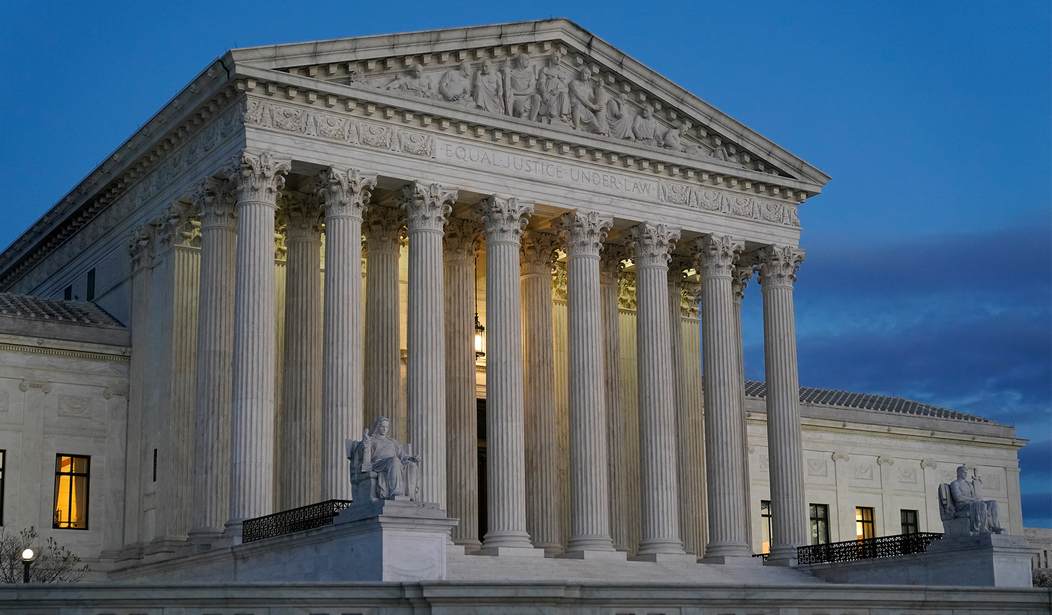With only seven opinions left to issue in this term, Thursday’s hand-downs from the Supreme Court promised to include some highly-anticipated rulings — which indeed they did.
In the same vein as Tuesday’s edition, the following is a brief overview of the opinions issued on Thursday. This is the penultimate edition as Chief Justice Roberts announced at the close of Thursday’s session that Friday will be the final day of opinions issued on cases argued this term.
June 29, 2023 Decisions
Author: Roberts
Dissent: Jackson, Kagan, Sotomayor
Appeal From: 1st Circuit/District Court for the Middle District of North Carolina
Basic Facts: Combined cases involving the University of North Carolina and Harvard College, both of which admittedly use race as a factor in their admissions process. Petitioner, Students for Fair Admissions (SFFA), is a nonprofit organization whose stated purpose is “to defend human and civil rights secured by law, including the right of individuals to equal protection under the law.” SFFA filed separate lawsuits against Harvard and UNC, arguing that their race-based admissions programs violate, respectively, Title VI of the Civil Rights Act of 1964 and the Equal Protection Clause of the Fourteenth Amendment. After separate bench trials, both admissions programs were found permissible under the Equal Protection Clause and the Supreme Court’s precedents. In the Harvard case, the First Circuit affirmed, and the Supreme Court granted certiorari. In the UNC case, the Supreme Court granted certiorari before judgment.
Issue: Whether the admissions systems used by Harvard College and UNC are lawful under the Equal Protection Clause of the Fourteenth Amendment.
Holding: Harvard’s and UNC’s admissions programs violate the Equal Protection Clause of the Fourteenth Amendment. (1st Circuit reversed/District Court for the Middle District of North Carolina reversed.)
Abitron Austria GMBH v. Hetronic International, Inc.
Author: Alito
Split: 9-0
Dissent: N/A
Appeal From: 10th Circuit
Basic Facts: The case concerns a trademark dispute between Hetronic (a U. S. company) and six foreign parties (collectively Abitron). Hetronic manufactures remote controls for construction equipment. Abitron, once a licensed distributor for Hetronic, claimed ownership of the rights to much of Hetronic’s intellectual property and began employing Hetronic’s marks on products it sold. Hetronic sued Abitron in the Western District of Oklahoma for trademark violations under two related provisions of the Lanham Act, both of which prohibit the unauthorized use in commerce of protected marks when, inter alia, that use is likely to cause confusion. Hetronic sought damages for Abitron’s infringing acts worldwide. Abitron argued that Hetronic sought an impermissible extraterritorial application of the Lanham Act. The District Court rejected Abitron’s argument, and a jury later awarded Hetronic approximately $96 million in damages related to Abitron’s global employment of Hetronic’s marks. The District Court also entered a permanent injunction preventing Abitron from using Hetronic’s marks anywhere in the world. On appeal, the Tenth Circuit narrowed the injunction, but otherwise affirmed the judgment, concluding that the Lanham Act extended to “all of [Abitron’s] foreign infringing conduct.”
Issue: Whether two provisions of the Lanham Act prohibiting trademark infringement apply extraterritorially.
Holding: Applying the presumption against extraterritoriality, §1114(1)(a) and §1125(a)(1) of the Lanham Act are not extraterritorial and extend only to claims where the infringing use in commerce is domestic. (10th Circuit judgment vacated and remanded.)
Author: Alito
Split: 9-0
Dissent: N/A
Appeal From: 3rd Circuit
Basic Facts: Petitioner Gerald Groff is an Evangelical Christian who believes, for religious reasons, that Sunday should be devoted to worship and rest. In 2012, Groff took a mail delivery job with the United States Postal Service. Groff’s position generally did not involve Sunday work, but that changed after USPS agreed to begin facilitating Sunday deliveries for Amazon. To avoid the requirement to work Sundays on a rotating basis, Groff transferred to a rural USPS station that did not make Sunday deliveries. After Amazon deliveries began at that station as well, Groff remained unwilling to work Sundays, and USPS redistributed Groff’s Sunday deliveries to other USPS staff. Groff received “progressive discipline” for failing to work on Sundays, and he eventually resigned. Groff sued under Title VII of the Civil Rights Act of 1964, asserting that USPS could have accommodated his Sunday Sabbath practice “without undue hardship on the conduct of [USPS’s] business.” The District Court granted summary judgment to USPS. The Third Circuit affirmed based on the Supreme Court’s decision in Trans World Airlines, Inc. v. Hardison, which it construed to mean “that requiring an employer ‘to bear more than a de minimis cost’ to provide a religious accommodation is an undue hardship.” The Third Circuit found the de minimis cost standard met here, concluding that exempting Groff from Sunday work had “imposed on his coworkers, disrupted the workplace and workflow, and diminished employee morale.”
Issue: What constitutes an “undue hardship” for an employer such that a religious accommodation need not be granted to an employee?
Holding: Title VII requires an employer that denies a religious accommodation to show that the burden of granting an accommodation would result in substantial increased costs in relation to the conduct of its particular business. (3rd Circuit judgment vacated and remanded.)














Join the conversation as a VIP Member